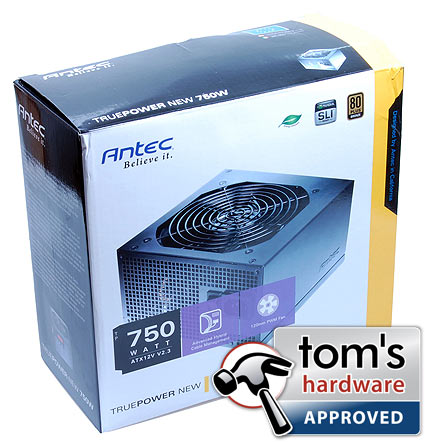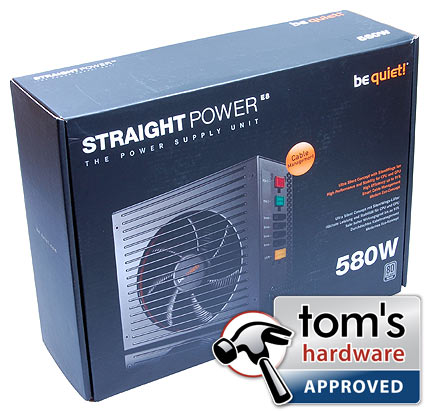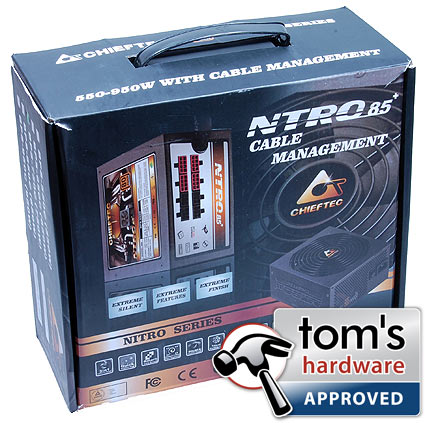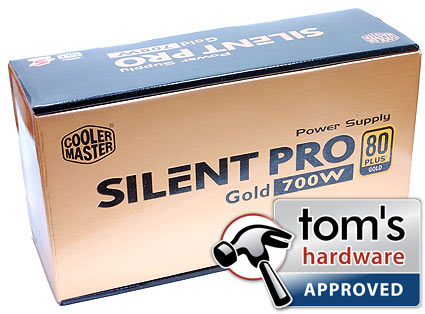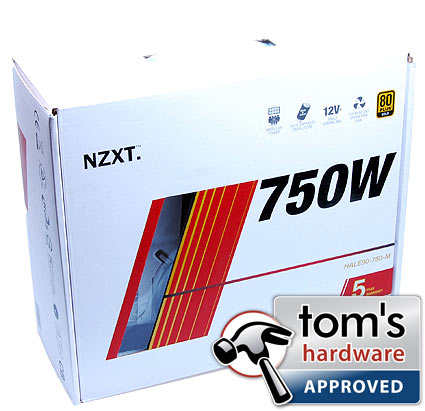Roundup: 12 Gaming Power Supplies Compared
Gamers demand a lot from their computers, starting with the PSU. Therefore, almost every PSU manufacturer sells products optimized for gaming PCs. We introduce ripple and noise testing in this roundup to further improve our power supply evaluations.
Conclusion And Recommendation
Once again we take a look at the initial question: can gaming-oriented power supplies live up to the promises made by marketing departments? The answer is: not always, but there is more to the story than that.
Some of the tested PSUs fail at one or more tests, such as specific energy efficiency requirements or the newly introduced ripple and noise measurements--and that simply must not happen. Sometimes-significant differences in the energy efficiency curves are also striking. Some PSUs live up to their 80 PLUS certifications, but show sharp efficiency drops at low loads. Others shine under low loads, but show weaknesses at full load.
All of the tested PSUs are intended for use in high-performance gaming computers. However, the manufacturers sometimes interpret the gaming theme very differently. Many of them try to gain the consumer's confidence by showing off certifications, such as 80 PLUS Gold or Nvidia SLI-ready, while others focus on a reasonable price/performance ratio. This is primarily achieved by getting a lower 80 PLUS classification and cutting some corners when it comes to equipment. Pointing out winners and losers in this roundup is hard, due to the large number of products. Depending on your individual needs and preferences, quite a lot of them could be a viable choice.
The NZXT HALE90-750M and Cooler Master Silent Pro Gold 700 are two of the best PSUs tested in this roundup, while Antec's TP-750 and be quiet! Straight Power E8 have great price/performance ratios. However, there are a few power supplies that we can recommend regardless of their price, the intended application or personal preferences. The following products went through our testing suite without any glitches, which means that we can approve them from a technical standpoint:
- Antec TP750
- be Quiet! Straight Power E8 580 W
- Chieftec BPS-750C
- Cooler Master Silent Pro Gold 700
- NZTX HALE90-750M
Get Tom's Hardware's best news and in-depth reviews, straight to your inbox.
Current page: Conclusion And Recommendation
Prev Page Efficiency Under Different Load Profiles-
xxsk8er101xx Because it failed a few of the tests.Reply
FLanighanWhy not Corsair? I jizz at my tx850w -
p1n3apqlexpr3ss Corsair has a gamer series... whyd they test one of the units from the top line aimed more at enthusiasts?Reply -
Odd, why isn't Silverstone reviewed at all? Most of the power supplies they looked at are junk for anyone with more than one GPU and overclocking. I dumped my PC Power & Cooling 1000 Watt PSU because it couldn't handle two ATI 5870's and overclocked CPU to 4Ghz with 1600 FSB. I put in a Silverstone 1500Watt PSU and my system has been rock solid ever since.Reply
The article doesn't appear to measure noise from during switching and how much noise is introduced to the CPU and bus.
Anyway, it will be a cold day in hell before anyone gets me to switch out my Silverstone 1500 Watt PSU. -
scook9 V8VENOMOdd, why isn't Silverstone reviewed at all? Most of the power supplies they looked at are junk for anyone with more than one GPU and overclocking. I dumped my PC Power & Cooling 1000 Watt PSU because it couldn't handle two ATI 5870's and overclocked CPU to 4Ghz with 1600 FSB. I put in a Silverstone 1500Watt PSU and my system has been rock solid ever since.The article doesn't appear to measure noise from during switching and how much noise is introduced to the CPU and bus.Anyway, it will be a cold day in hell before anyone gets me to switch out my Silverstone 1500 Watt PSU.You are either lying or very unlucky (got a bad PSU)......I have crossfire 5870s and an i7 965 and all stock cannot exceed 650W at the wall (about 550W actually used) no matter what I try.Reply -
JamesSneed Nice tests but I came to a different conclusion. The seasonic X-750 is close to the most effiecent in the bunch and did you see that voltage ripple it looked like it was flat lining.Reply -
boiler1990 For the ~$20 price difference between the Corsair 850HX and the AX850, I think I'll get the AX. It never hurts to invest in a great PSU :)Reply -
juuh V8VENOMOdd, why isn't Silverstone reviewed at all? Most of the power supplies they looked at are junk for anyone with more than one GPU and overclocking. I dumped my PC Power & Cooling 1000 Watt PSU because it couldn't handle two ATI 5870's and overclocked CPU to 4Ghz with 1600 FSB. I put in a Silverstone 1500Watt PSU and my system has been rock solid ever since.The article doesn't appear to measure noise from during switching and how much noise is introduced to the CPU and bus.Anyway, it will be a cold day in hell before anyone gets me to switch out my Silverstone 1500 Watt PSU.Reply
I call BS. I could run your setup with my PC power & cooling 750w unit.
http://www.techspot.com/review/289-geforce-gtx-480-sli-versus-radeon-5870-crossfire/page9.html -
random1283 agreed no reccomendation for an x series seasonic, you guys must be mssing something, every other review of the x series said that they are simply amazing much better then any nxzt or anything.Reply
